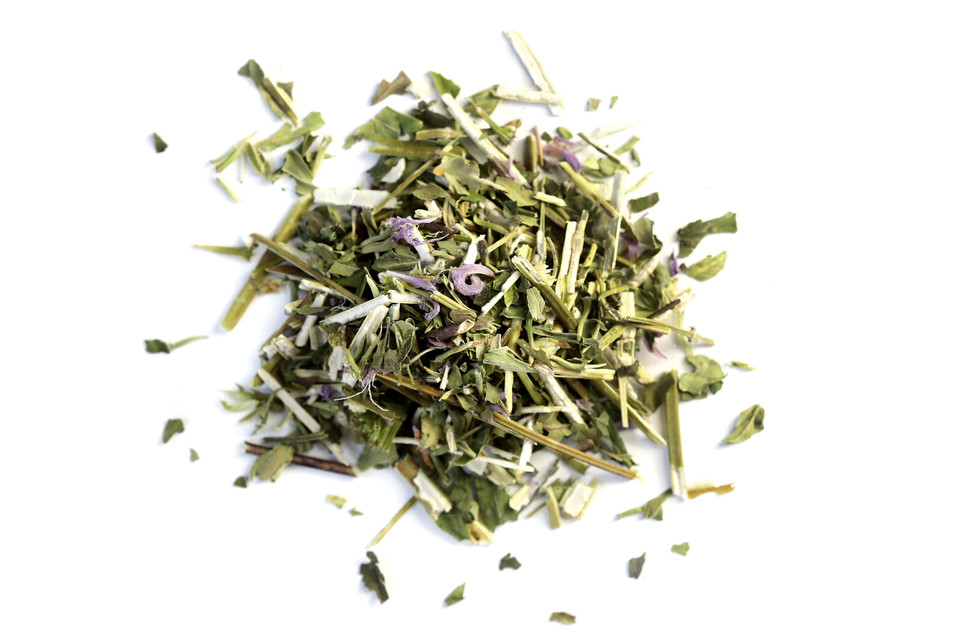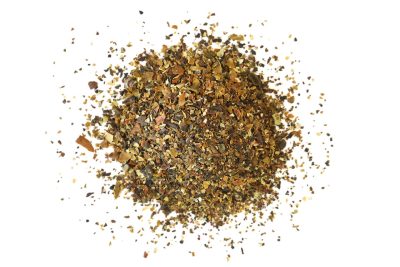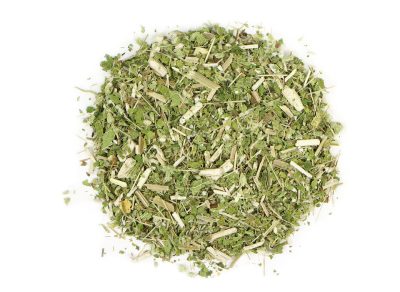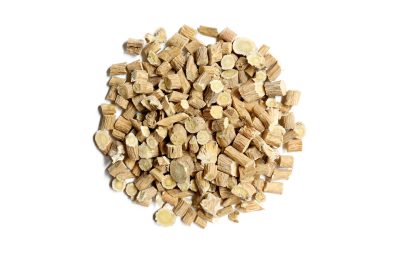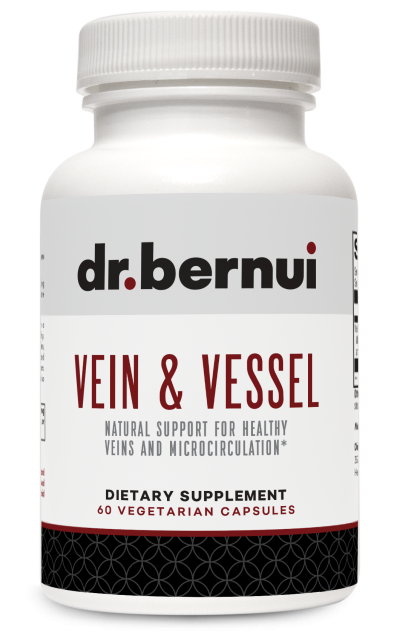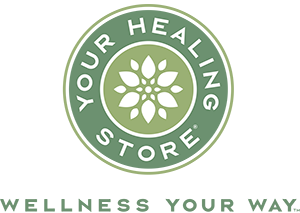While we work to ensure that product information is correct, on occasion manufacturers may alter their ingredient lists. Actual product packaging and materials may contain more and/or different information than that shown on our Web site. We recommend that you do not solely rely on the information presented and that you always read labels, warnings, and directions before using or consuming a product. For additional information about a product, please contact the manufacturer. Content on this site is for reference purposes and is not intended to substitute for advice given by a physician, pharmacist, or other licensed health-care professional. You should not use this information as self-diagnosis or for treating a health problem or disease. Contact your health-care provider immediately if you suspect that you have a medical problem. Information and statements regarding dietary supplements have not been evaluated by the Food and Drug Administration and are not intended to diagnose, treat, cure, or prevent any disease or health condition. PhysioFormulas, LLC DBA Your Healing Store assumes no liability for inaccuracies or misstatements about products.
Bee Balm
$18.00
In stock
Description
Monarda fistulosa, or bee balm, is a wildflower found throughout North America, known to indigenous cultures for its many traditional uses. Also known as wild bergamot, this herb should not be confused with the citrus bergamot that is used to flavor earl grey tea.
It is a hardy plant that can withstand drought conditions, competition with invasive plants, and poor soil and still thrive. The flower, which is in bloom for a full month in the summer is a magnet for pollinators, especially bees and hummingbirds. A
member of the mint family, bee balm has a strong scent akin to oregano, which acts as a deterrent to deer and rabbits.
Bee balm has a long history of use for its supportive properties. The name bee balm is derived from its traditional use in a salve made for calming occasional skin irritations from stings. The indigenous peoples of upstate New York brewed tea out of the leaves, passing the process on to European settlers. After American revolutionaries, in protest of the British tea tax, tossed their imported tea into Boston Harbor they turned to bee balm as a local brew.
